
Incredibly Caring Gay Penguin Couple Hatch A Second Neglected Egg After The Zookeepers Notice Them Trying To Hatch A Rock
InterviewMeet Sphen and Magic, the only same-sex couple at Sea Life Sydney Aquarium, who first bonded two years ago. It was around that time when the two were given a spare egg to hatch after they’d been hatching a rock.
Fast forward to today, their firstborn Lara is now out and about enjoying her adult life, but Sphen and Magic still have their parental instinct kicking.
And now the Aquarium’s “power couple” has made everyone happy again by becoming proud dads for the second time. “If one of our pairs has too many eggs or are not good at looking after their eggs, we will sometimes foster these eggs out to other pairs like Sphen and Magic. We gave Sphen and Magic an egg to incubate as they have proven to be good parents in the past,” the Aquarium’s spokesperson said.
The staff described the pair as “attentive” and “incredibly caring,” which just makes them the most lovable penguin parents out there.
More info: Facebook | VisitSeaLife.com
Meet Sphen and Magic, the adorable gay penguin couple from the Sea Life Sydney Aquarium
Image credits: SEA LIFE Sydney Aquarium
And they got some very exciting news—the pair just became proud adoptive dads to their second chick
Image credits: EqualityAu
The aquarium’s staff that specialize in penguins witnessed Sphen and Magic’s blossoming relationship that started back in 2018. They used to take swims together and wouldn’t part. Soon after the breeding season started, the couple began collecting stones for their love nest.
It was then that the staff noticed they were trying to hatch a rock and gave them a dummy egg to care for. Sphen and Magic left everyone so impressed by how well they cared for that egg that the members of staff decided they were ready to foster a real egg on their own.
Sphen and Magic were given another egg to hatch after they successfully hatched their previous newborn Lara
Image credits: SEA LIFE Sydney Aquarium
And the proud dads welcomed this beautiful tiny chick to their family!
Image credits: SEA LIFE Sydney Aquarium
To find out more about Sphen, Magic, and their newborn, Bored Panda reached out to the penguin team at SEA LIFE Sydney Aquarium.
It turns out, when the penguins are young and learning to make nests and incubate eggs, the staff watch to see who is really picking it up, who sits on the nest in the proper position, who takes turns alternating with their partner on the nest, etc. As for Sphen and Magic, they nested together in 2018 and showed lots of positive signs that they would be able to incubate an egg.
“So when we needed a foster couple, they were an obvious choice. After the success Sphen and Magic had incubating and raising Lara 2 years ago, we knew that if we needed to foster another egg, they would be a great option.”
Image credits: SEA LIFE Sydney Aquarium
Image credits: SEA LIFE Sydney Aquarium
Same-sex pairings like Sphen and Magic are very common in the animal kingdom with approximately 450 species exhibiting same-sex behavior. The penguin team at Sydney Aquarium explained that same-sex couples and courtship are a lot more common in nature than most people realize.
“Penguins, including Gentoo penguins, are among the many species in which male-male or female-female pairs occur frequently. Adopting of eggs in the wild can occur with an abandoned egg; however, it is likely that this egg could be infertile, which is why it has been left.”
“Females will also mate with males before returning to their female-female pair and subsequently lay an egg that the females both raise. In human care, they have proven to be wonderful parent options and will care for and nurture their egg and chick as if it were their own.”
The Aquarium’s spokesperson described Sphen and Magic as “attentive and incredibly caring”
Image credits: SEA LIFE Sydney Aquarium
If one of the penguin pairs at the Aquarium has too many eggs or are not good at looking after them, the staff gives the eggs to Sphen and Magic to foster
Image credits: SEA LIFE Sydney Aquarium
When it comes to hatching a chick, the parent birds do develop a special bond with their children. “The parent birds treat the chick as their own. They lovingly feed it, keep it warm, and defend it from any passersby.”
For example, Sphen is the epitome of a proud, protective dad. “Recently, Sphen and Magic’s chick has grown big enough to start taking short trips away from the nest, exploring the environment. Sphen followed the chick closely on these little expeditions, guiding it and protecting it from anyone that the chick might wander up to.”
Take a look at the footage of how the lovely family is doing so far
Image credits: SEA LIFE Sydney Aquarium
At this moment, Sphen and Magic are having a much-deserved break after all the effort they have put into raising the chick. “The chick is now big enough that it has joined our creche. In the wild, at this age, the chick’s rapid growth becomes so demanding that both parents must leave the chick behind and go to sea together to feed. The chicks all huddle together in a creche to wait for their parents to return.”
“During this time, the keepers are having beautiful bonding time with the chicks. Once their adult feathers have come through fully, we will have the extremely fun job of teaching them to swim, before they graduate and get to join the colony full-time.”
And this is what people had to say about the caring penguin dads
Homosexuality is natural and is in many different animals. We should respect the LGBTQ+ community at all times.
Yes natural and we all should respect, but 450 species (maybe more if more study is done) is far from "almost all animals". Currently described are about 1.5 million, with about 10.000 new descriptions every year.
Load More Replies...And this, dear children, is how come Mother Nature provided us humans with Rainbow people. For the survival of the species!
Homosexuality is natural and is in many different animals. We should respect the LGBTQ+ community at all times.
Yes natural and we all should respect, but 450 species (maybe more if more study is done) is far from "almost all animals". Currently described are about 1.5 million, with about 10.000 new descriptions every year.
Load More Replies...And this, dear children, is how come Mother Nature provided us humans with Rainbow people. For the survival of the species!

 Dark Mode
Dark Mode 

 No fees, cancel anytime
No fees, cancel anytime 


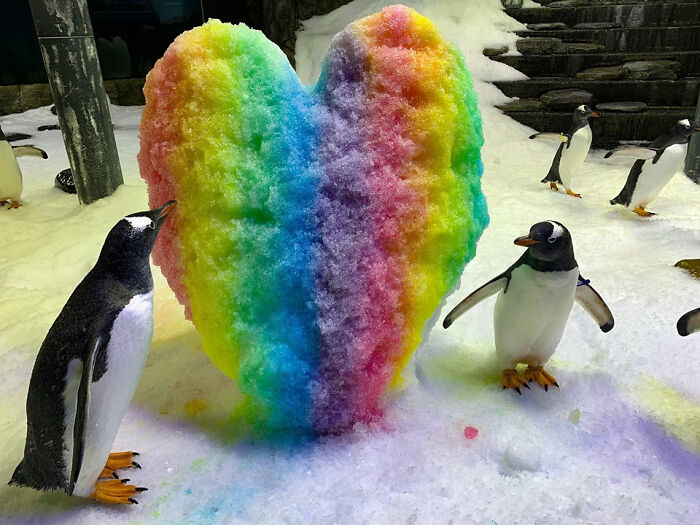
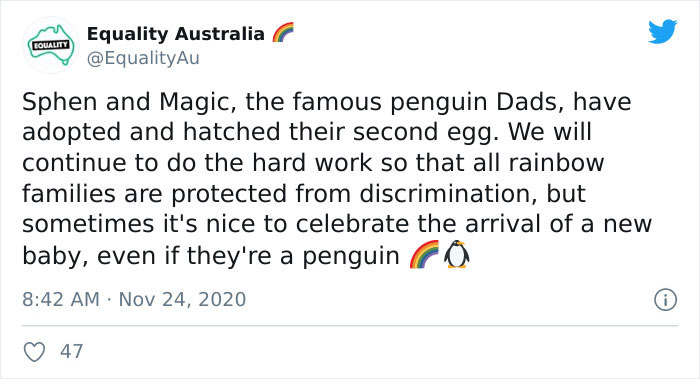
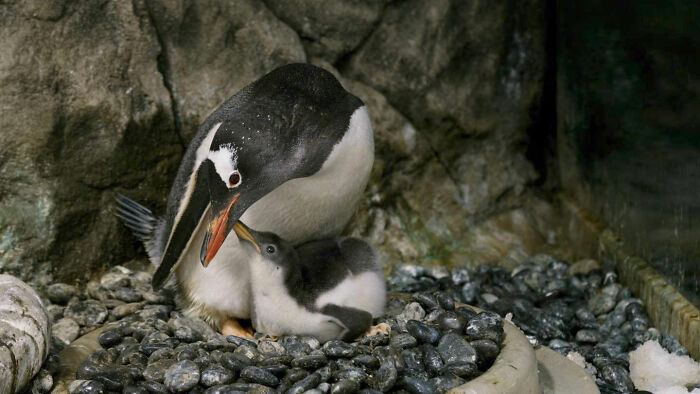
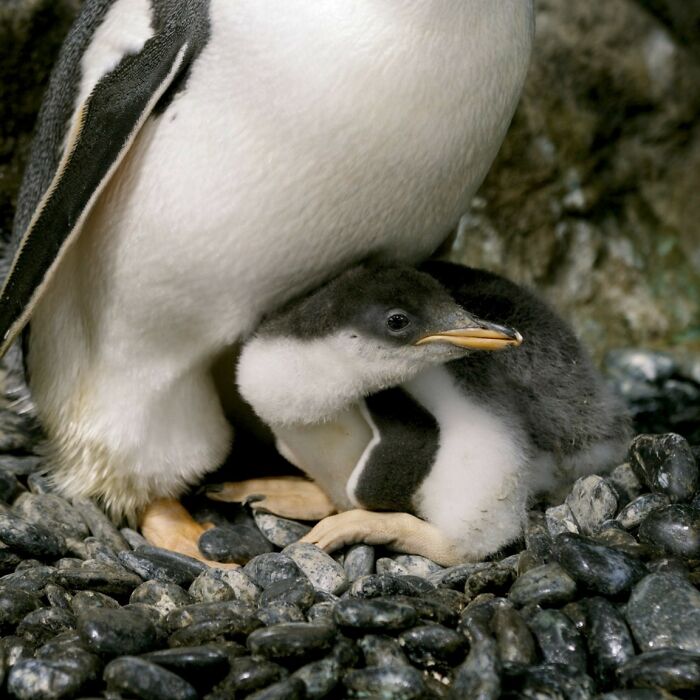
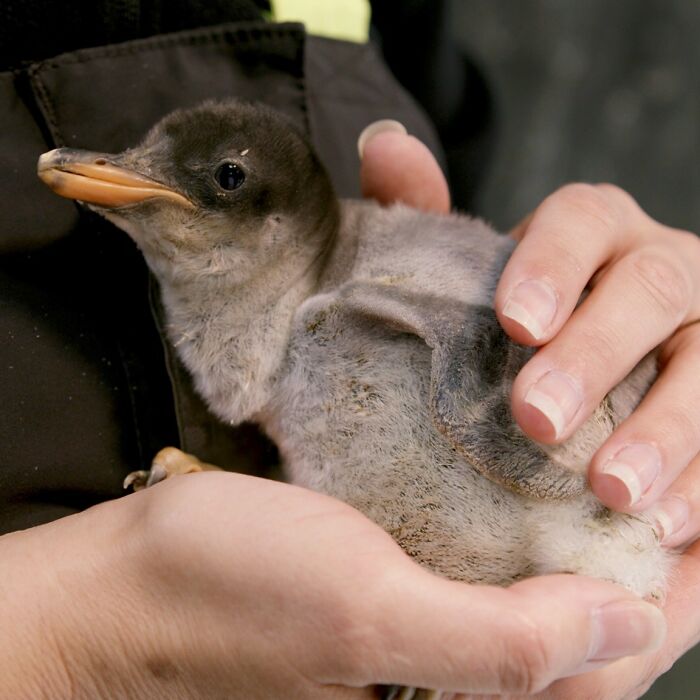
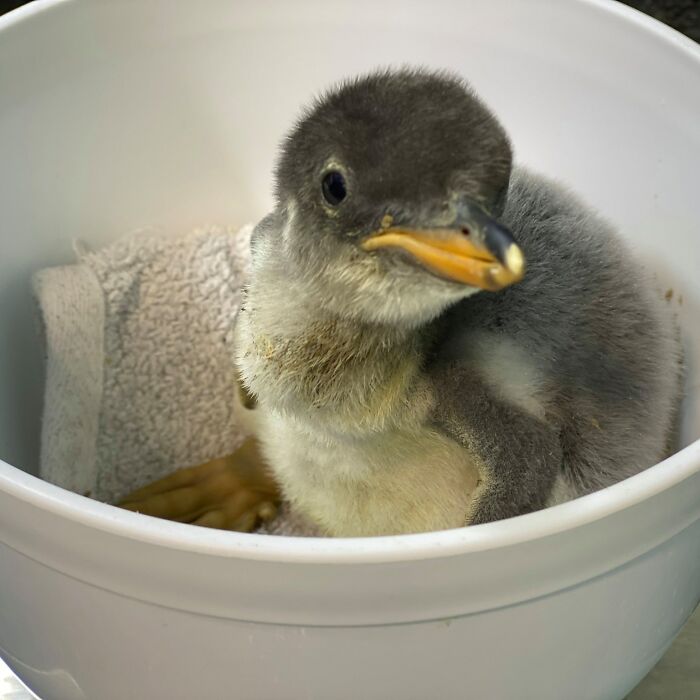
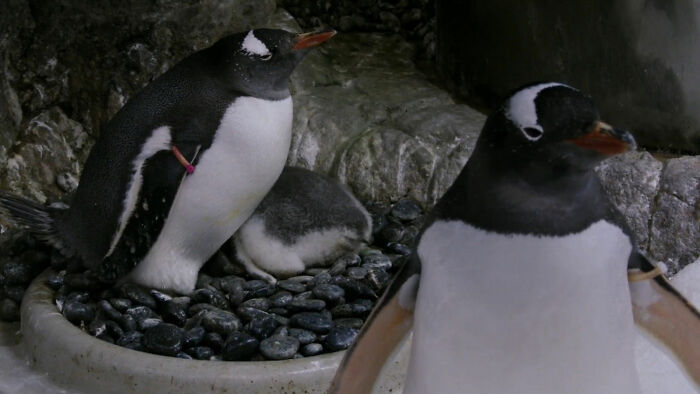
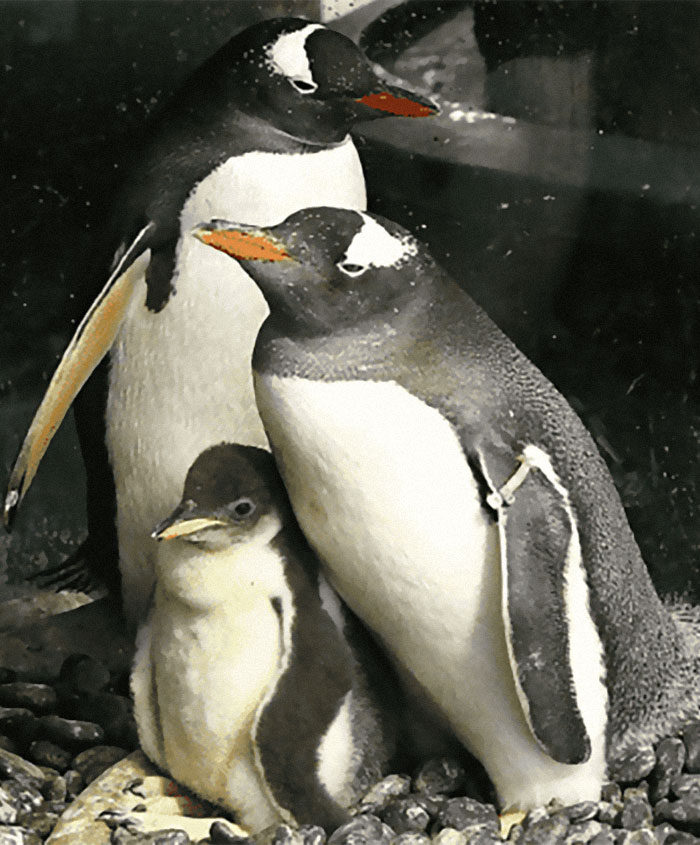



















































451
238